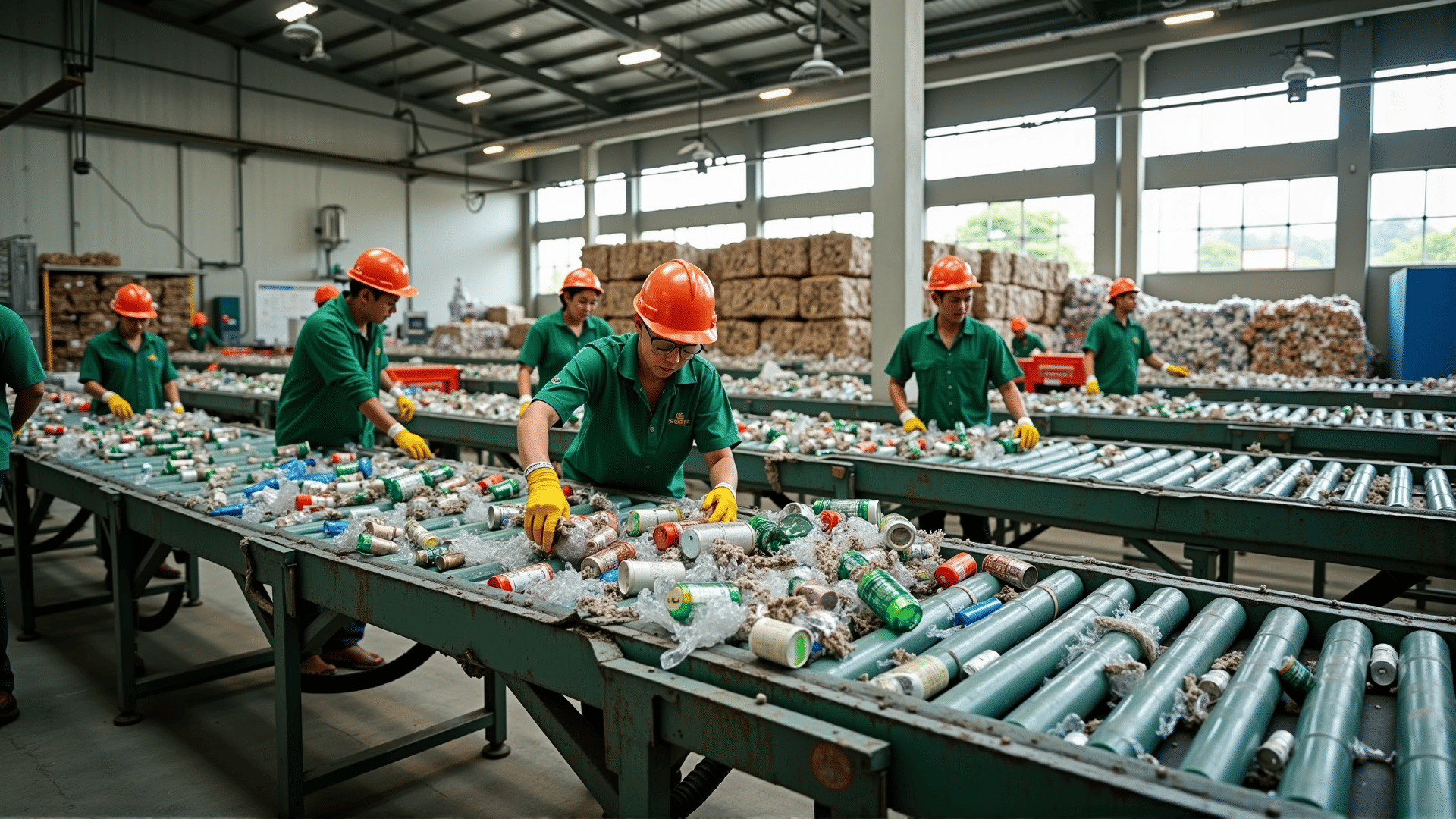In recent years, communities around the world have been embracing a new mindset toward waste management, driven by an innovative spirit and a commitment to sustainability. This shift is part of what many are calling the recycling revolution, where waste materials are being thoughtfully repurposed, leading to a significant positive impact on the environment.
At the heart of this movement is the growing awareness of the finite nature of our planet's resources. Traditional waste disposal methods, such as landfilling and incineration, are not only unsustainable but also detrimental to ecosystems. The recycling revolution offers a compelling alternative by transforming discarded materials into new, valuable resources. This transformation is not limited to plastics or paper; it extends to metals, glass, textiles, and even electronic devices.
The process begins with effective waste segregation, where community members play a crucial role. By separating materials at the source, they ensure a cleaner and more efficient recycling process. Education campaigns have been pivotal in teaching citizens how to properly sort their waste, reduce contamination, and maximize the potential for reuse.
Once collected, materials are sent to recycling facilities equipped with cutting-edge technologies. Here, items undergo processes such as cleaning, shredding, and melting, which prepare them for a new life as reusable materials. Advanced systems are capable of handling a diverse array of waste types, enhancing the scope and effectiveness of recycling efforts.
In addition to environmental benefits, the recycling revolution also brings social benefits. It fosters community engagement and awareness, encouraging individuals to adopt more mindful consumption habits. Moreover, it creates job opportunities in waste management and recycling industries, contributing to community resilience and growth.
The positive effects of the recycling revolution are becoming increasingly evident. Reduced greenhouse gas emissions, conservation of natural resources, and a decrease in pollution highlight the tangible outcomes of this proactive approach. Furthermore, innovative recycling practices have spurred creativity in product design and development, inspiring manufacturers to utilize repurposed materials in new and exciting ways.
While challenges remain—such as improving infrastructure, combating contamination, and adapting to changing market demands—the drive towards a more sustainable future is undeniable. As more communities join the recycling revolution, sharing knowledge and resources, the potential for meaningful change grows exponentially.
In conclusion, the recycling revolution is reshaping the way we view waste and resource management. Through collaborative efforts, innovative technology, and an unwavering commitment to sustainability, this movement is paving the way for a more environmentally responsible future. It exemplifies how small, collective actions can lead to transformative results, securing the well-being of our planet for generations to come.
